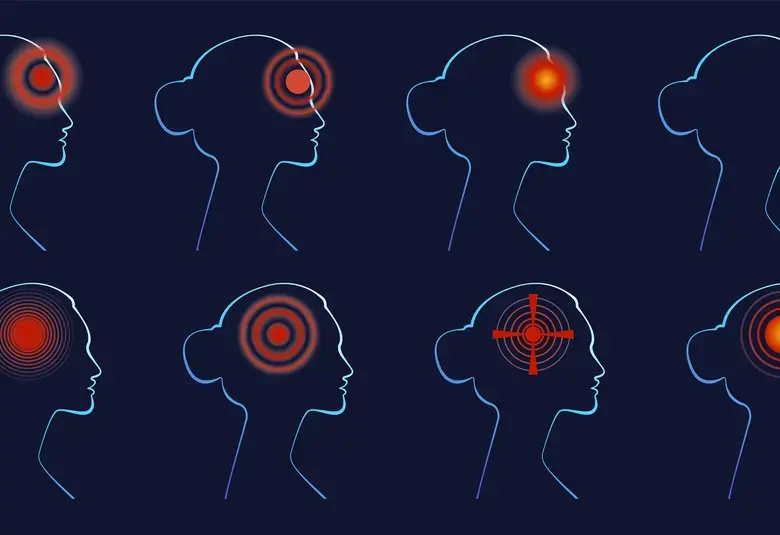The impact of cognitive impairment associated with schizophrenia (CIAS) is wide reaching, affecting the quality of life of patients, caregivers and family members. It is also a major obstacle on the way to recovery. This symposium from ECNP 2021 explored the important benefits that improving cognitive function could have, current management strategies and future treatment options.
Benefits of improving cognitive impairment
Martine Frager Berlet (member of UNAFAM, France) opened the session by describing first-hand, the reality of living with CIAS. She is a member of a French organisation, supporting family and friends of those living with mental illness.
Martine’s desire is that improving cognitive function will improve the lives of individual patients by:
- Adapted behaviour – improved understanding of attempts by family/friends to help, expression of their feelings, and anticipation and planification
- Accepting help
- Completing tasks
- Better insight
Improving cognitive skills can increase the likelihood of restoring social functioning
Her experience is that improving cognitive skills can increases patients’ self-confidence and their control over their emotions. It reduces stigma, promotes societal inclusion, and increases the likelihood of restoring social functioning. Martine stressed the importance of strengthening the therapeutic alliance between patients, caregivers and health care professionals (HCPs), to achieve these goals.
Managing cognitive impairment in clinical practice
Dr Nagore Penades (NHS Greater Glasgow and Clyde, UK) gave her perspective, as a consultant psychiatrist, into how best to approach CIAS in clinical practice. This includes assessment of functional impact, and identification and management of symptoms.
85% of people with schizophrenia have specific cognitive deficits
Negative symptoms in schizophrenia contribute more to impaired quality of life and poor functioning than positive symptoms1. Negative symptoms are present in at least one-fifth of people with schizophrenia1, and up to 85% of people with schizophrenia have specific cognitive deficits2. So, it is insufficient to only treat positive symptoms.
Most typical and antitypical antipsychotic drugs show modest efficacy in managing negative and cognitive symptoms3. Dr Penades suggested that there will not be a single magic treatment, but different therapeutic elements will need to be combined, and non-pharmacological approaches should not be forgotten4.
Social functioning is a person’s ability to adapt to their social environment and its requirements5. A well-functioning individual requires good cognition, including attention, working memory and executive functions6, as well as opportunities to practice. She encouraged HCPs to ensure they assess cognition and functioning, at baseline and return visits. The range of tools include the SCoRS (Schizophrenia Cognition Rating Scale)7.
Different pharmacological treatments impact on different aspects of cognition and functioning, and safety profile should be considered for the particular patient
Different pharmacological treatments impact on different aspects of cognition and functioning, and the safety profile should be considered for the particular patient8. Dr Penades’ proposed strategy involves understanding the root problem; targeting each issue individually, while not forgetting the patient as a whole; and rating the baseline, as each person’s ability, potential and wishes are different.
Current and future treatment options
Prof Philip Harvey (University of Miami Miller School of Medicine, USA) concluded with current and novel therapeutic options. The pharmacological approach has tested multiple strategies and mechanisms, including nicotinic agonists9,10, AMPA‑kines10 and cholinesterase inhibitors10, but many failed after Phase II. Results using a novel glycine transporter inhibitor show promise11, but there is still much to be done in the quest for an effective pharmacological treatment for those living with CIAS.
Pharmacologically Augmented Cognitive Training has shown benefit by using pharmacological agents in combination with cognitive training
Prof Harvey described how meta-analyses of cognitive and skills training have found clear evidence of efficacy12,13. Functional changes need targeted functioning training to be added to cognitive training13. Pharmacologically Augmented Cognitive Training (PACT) has shown benefit by using pharmacological agents in combination with cognitive training14,15. This may augment activity or facilitate plasticity15, and long acting injectables show greater benefit than oral medications16.
A future challenge is that self-reports of cognitive and functional ability do not correlate well with observer ratings17. He suggested that technology-related solutions may be helpful in getting better outcomes data. Capturing ‘in the moment’ clinical symptoms, using ecological momentary assessment, has potential benefits over clinic visit assessments, including eliminating recall bias18.
Educational financial support for this Satellite symposium was provided by Boehringer Ingelheim.
For the latest updates on sea.progress.im, subscribe to our Telegram Channel https://bit.ly/telePiM
Our correspondent’s highlights from the symposium are meant as a fair representation of the scientific content presented. The views and opinions expressed on this page do not necessarily reflect those of Lundbeck.




